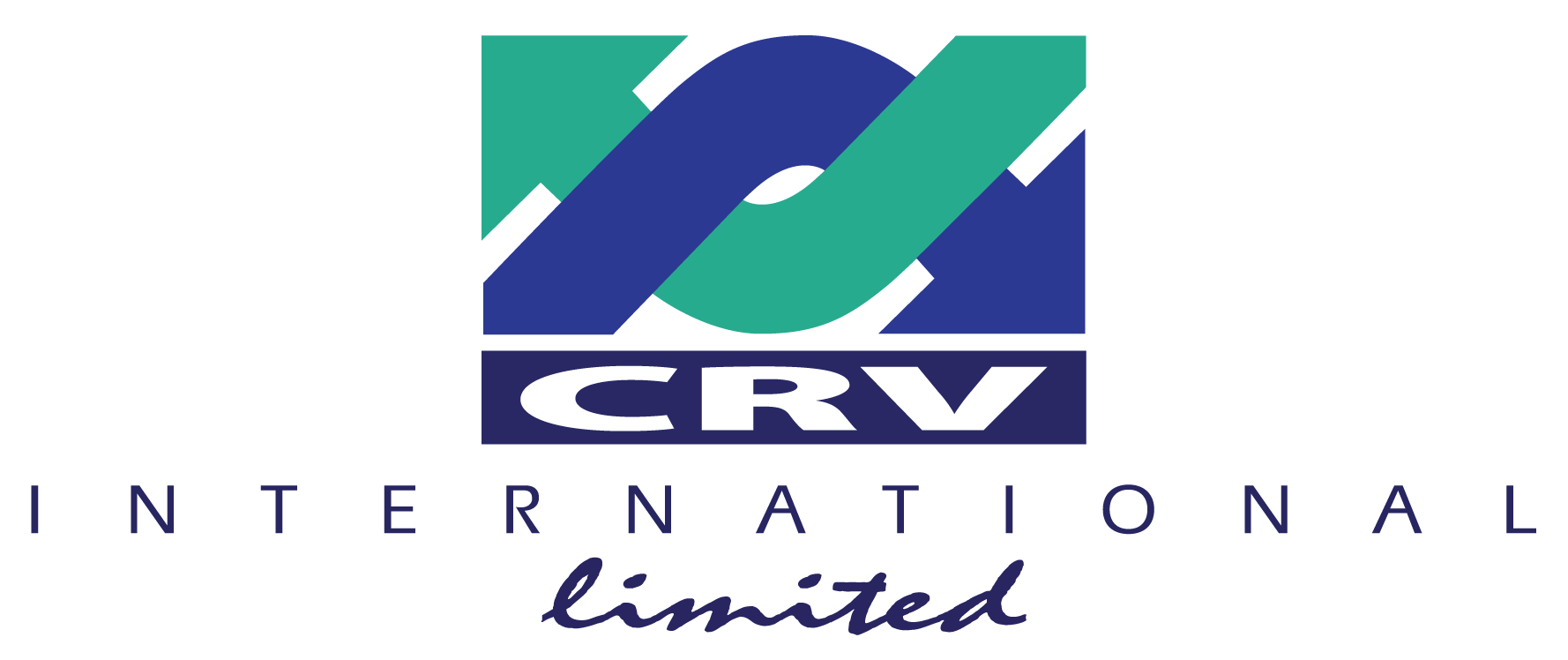Becoming an EU member state in 2004 and changing its currency to euro in 2008 helped Malta to liberalize its economy and make it very attractive to investors. Malta’s economy is mainly based on tourism and depends very much on foreign trade such as manufacturing goods. Malta is considered one of the most attractive destinations for foreign investments in Europe especially due to its legislation for FDI. That’s why many foreign entrepreneurs are interested in opening a company in Malta. Our company formation agents in Malta can provide comprehensive assistance and support for registering a business in this country.
Imports in Malta
Malta’s economy relies more on imports than exports which makes fuel and raw material the most imported goods. More than that, the most imported product is petroleum which represents about 33% of Malta’s imports. Then there is the import of boats and ships with a 24%, as Malta is well known for its tourism facilities. The third place is occupied by integrated circuits that are imported in a proportion of almost 6% and chemical products that follow closely, almost 5% of them being imported by Malta. Means of transportation are also on top of Malta’s import list occupying 2%. Other goods that are also imported in a small percent are: pharmaceuticals, metals, foods and textiles.
The countries Malta imports the most from are: South Korea which provides 23% of the imports, Italy – 22%, Russia – 6%, Turkey and the United Kingdom – 4.5%.
Import duty and taxes in Malta
As any other country, Malta also has taxes and duties that apply to goods and services that come from outside the EU. These taxes are calculated as a sum of the value of the merchandise, its transportation and insurance costs. The duty rates for imports are variable and range between 0% and 17%. There are also anti-dumping duties that can reach 48.5%. The VAT Malta applies to imported products and services is set at 18%, but some products benefit from a reduced rate of 5%.
Exports in Malta
The Central Bank of Malta reports that Malta’s exports are based on petroleum, manufactured goods, appliances, fish, pharmaceuticals and printed materials. On a closer look, Malta’s exports are based on:
- – refined petroleum that represents 37% of the country’s total exports,
- – integrated circuits – 23%,
- – packaged pharmaceutics – 6%,
- – manufactured goods such as toys, stuffed animals etc. – 3%,
- – protection equipment – 2%.
Other exported goods, but in smaller percentages, are: airplane parts, fish, plastic utensils, medical devices and measuring tools. Malta’s exports are directed towards Asia (Singapore, China and Korea) and also towards European countries such as Germany, France, UK, USA, and Italy.
How do I obtain the import and export license in Malta?
Foreign investors in Malta need to observe the general rules in matters of trading licenses if they want to develop import activities. The Trade Services Directorate issues the import and export licenses, with respect to the Importation and Exportation Control Regulations. We also mention that trading companies in Malta must be registered for VAT, must obtain the EORI number, respect the Inward Processing Procedures for the payment of duties and respect the Customs Economic Procedures imposed by the EU and the Customs Warehousing Procedures for the storage of imported and exported goods, in compliance with the EU directives. One of our company formation specialists in Malta will tell you more about how to register a trading company in Malta and about how to obtain the import and export licenses necessary for such operations.
Here is a video presentation with information on this topic:
The main exported products of Malta
According to the latest statistics, Malta exported goods worth around USD 3.9 billion in 2018. Petroleum oils (29.1%), electronic integrated circuits (14.8%), and pharmaceuticals (8.7%) were the main exported products, followed by aircraft and spacecraft parts.
The main imported products in Malta
In 2018, Malta imported goods worth around USD 7.2 billion, among which, petroleum oils and derived products (27.9%), yachts and vessels (6.2%), helicopters and airplanes (4.8%), and electronic integrated circuits (3.8%).
How do I obtain the EORI number in Malta?
The EORI number or the Economic Operator Registration Identification was introduced in 2009 and imposed for companies with trading activities for better control of import and export activities throughout the EU. This is a unique number that comprised the VAT number, alongside the country’s prefix and other digits. The European Commission has a large database of trading companies with EORI and it is the institution that approves the EORI applications, in collaboration with the Maltese authorities. In terms of EORI registration in Malta, the VAT certificate and the company’s documents need to be submitted, alongside other formalities that can be explained by our consultants. An EORI number assigned to your company in Malta will ease the customs controls and submit the entry and exit declarations without complications. It is good to note that an EORI number will be issued in approximately 5 days. Even sole traders with trading activities can apply for an EORI number without difficulties. All the procedures involved in EORI applications in Malta can be handled by one of our company formation specialists in Malta.
Canada is a solid trading partner for Malta
With a tourism sector that sustains more than 27% of the country’s GDP, Malta represents a great business partner for Canada, in matters of import and export. The following numbers can highlight a good part of the trading collaboration between Malta and Canada:
- The total trade balance for 2018 was around C$ 147 million;
- Approximately C$ 112 million was the total exports from Canada to Malta in 2018;
- Around C$ 36 million was the total import of goods from Malta to Canada in 2018;
- 89% of the Canadian exports included the aircraft and related components;
- Canada imports electrical machinery, pharmaceutical products, and medical equipment from Malta.
It is not that complicated to register and develop a trading company in Malta, however, if you are interested in such operations in this country, you might first want to set up a liaison office and make a market analysis. Let one of our specialists tell you more about how to register a business in Malta.
Open a trading company in Malta
Local and foreign investors in Malta can consider a trading company a great business idea in the insular state. Such a business comes with numerous benefits and having relations at an international level will only lead to great business profits. The Maltese limited liability company is the choice of entrepreneurs because this is a simple business form that can be easily registered with a minimum share capital of EUR 1,200 deposited in a local bank account, at least one shareholder, a registered office in Malta, and a local auditor to enroll with the tax authorities. Import and export companies in Malta cannot operate without specific licenses and permits, depending on the products and activities. Here you can talk to our company formation specialists in Malta and see how they can help you with the formalities of company registration in Malta.
FAQ about imports and exports in Malta
Petroleum is the main imported product in Malta, followed by boats, ships, and related items that sustain the tourism in the insular state. Integrated circuits and chemical products are also imported in Malta. More about Malta imports can be discussed with our agents.
Most of the imports come from South Korea, Italy, Russia, UK, and Turkey. Malta has great collaboration relations with these countries in terms of business and signed a series of double taxation agreements.
Goods and services that come from outside Malta are subject to taxes and duties and range between 0% and 17%. If you would like to know more, please discuss with one of our company formation specialists in Malta.
Refined petroleum, pharmaceutics, manufactured goods, fish products, medical devices are among the exported goods of Malta to countries like China, Singapore, Germany, UK, Italy, France, and the USA. Foreigners interested in starting an import and export company in Malta can ask for support from our specialists in company formation in Malta. More about Malta exports can be discussed with our specialists.
The Trade Services Directorate is the institution that accepts the licenses and permits applications for trading companies in Malta. The EU directives referring to import and export activities are respected by company owners in this sector.
If you decide on trading activities throughout the European Union countries you need to apply for an EORI number. This is the Economic Operator Registration and Identification number that can be obtained from the Maltese authorities in a couple of days. The EORI number eases the bureaucracies and the customs formalities. More about Malta exports and imports can be offered by our team.
Malta exports and imports can represent a great business option and the limited liability company is the proper structure for such activities. Our specialists in company formation in Malta can offer assistance right away.
Yes, company relocation in Malta is possible. Your trading company can be established in Malta after de-registration in the country of origin.
Yes, the registration for VAT is required in Malta. Support can be offered by our specialists, so make sure you respect the business formalities imposed.
Yes, if you would like to set up a trading company in Malta you should discuss all the terms and requirements with our specialists. Our team of agents can help you open an import and export company in Malta and handle the whole formalities.
Choose our agents in Malta
Interested in starting a business in Malta and need to rely on the support of a dedicated team in this field? You should hire the company formation services of our team of specialists and enjoy the benefits. Our customers can rely on proficiency, experience, professionalism, and competence when working with us. We focus on each detail and request in order to offer the best possible results for our clients. Feel free to discuss all the business aspects you want with our specialists and ask for tailored services. All you need to know about Malta exports and imports can be solicited from our experts.
Making investments in Malta
According to Eurostat, Malta achieved one of the highest growth rates among EU countries, in matters of science and technology. Even if it is a small insular state, the huge potential for business is highly appreciated by international investors who decide on placing their operations in sectors like tourism, real estate, engineering, agriculture, manufacturing and many more. There are great advantages when it comes to the business environment of Malta. The experienced and multilingual workforce, the economic stability, the simplified registration process of companies, the lack of bureaucracies and the possibility of relocating the operations without harsh formalities are huge business advantages that are attentively measured by foreign investors in Malta. The appealing tax regime and the protection of the double taxation treaties signed by Malta are also on the list of benefits offered by Malta to international investors.
If you want to register a company in Malta, you can contact our company formation agents in Malta and find out more about our services.


